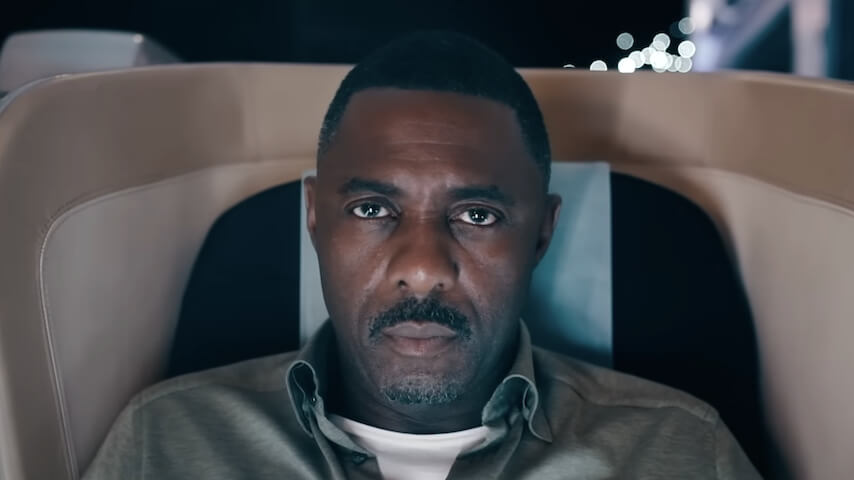Idris Elba says he'll relocate as part of plan to bolster African film industry
Idris Elba has a 10-year plan for relocating and living in various African locales.
Screenshot: Apple TV+/YouTube
Idris Elba has announced plans to relocate to Africa as part of his commitment to the burgeoning film industry on the continent. “I would certainly consider settling down here; not even consider, it’s going to happen. I think [I’ll move] in the next five, 10 years, God willing. I’m here to bolster the film industry—that is a 10-year process—I won’t be able to do that from overseas. I need to be in-country, on the continent,” he told the BBC during a visit to Accra, Ghana. These plans are not limited to a single locale: “I’m going to live in Accra, I’m going to live in Freetown [Sierra Leone’s capital], I’m going to live in Zanzibar. I’m going to try and go where they’re telling stories—that’s really important.”








![HBO teases new Euphoria, Larry David, and much more in 2026 sizzle reel [Updated]](https://img.pastemagazine.com/wp-content/avuploads/2025/12/12100344/MixCollage-12-Dec-2025-09-56-AM-9137.jpg)































